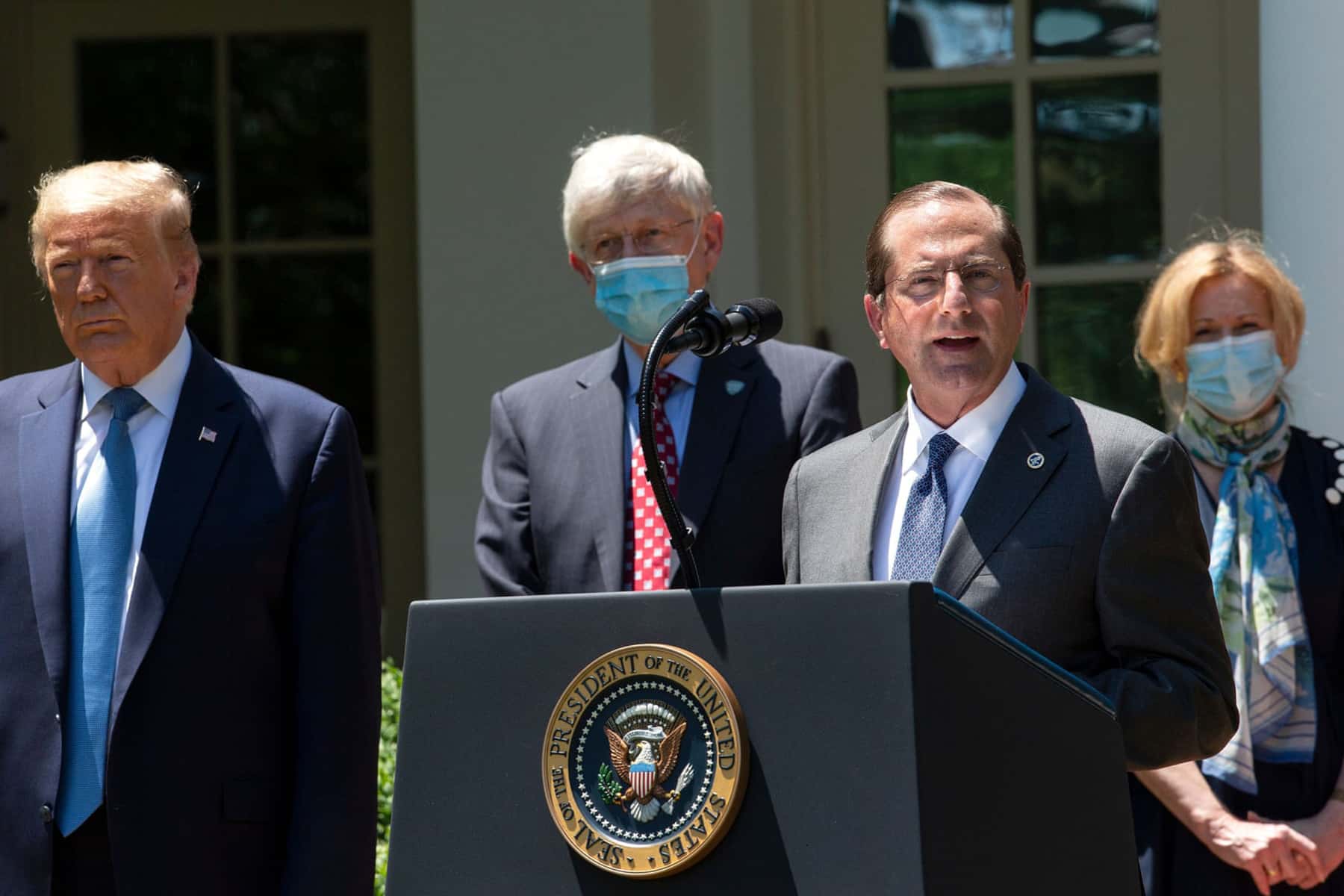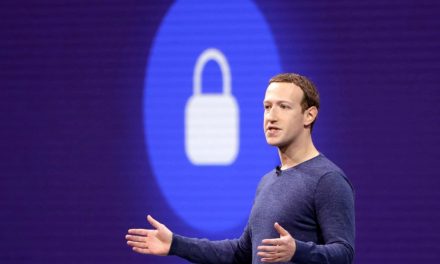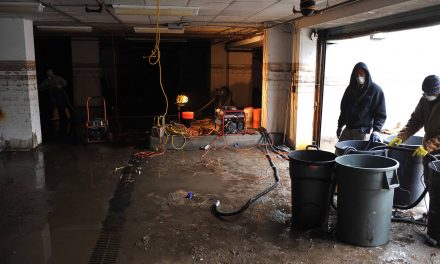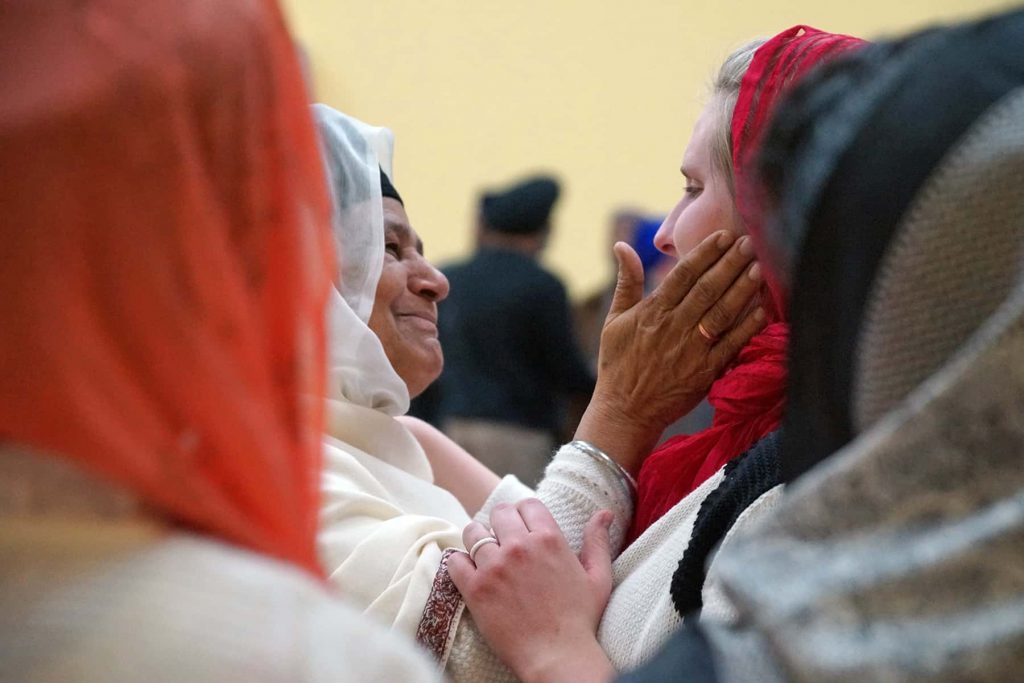
Why do Americans represent less than 5% of the world’s population but nearly a third of the known coronavirus death toll? Not because of government incompetence, the Trump administration is arguing, but because Americans are very unhealthy.
The United States organized response to the pandemic had been “historic”, Trump’s health secretary, Alex Azar, told CNN on 17 May, but America “unfortunately” has a “very diverse” population, and black Americans and minorities “in particular” have “significant underlying disease”.
Jake Tapper, the CNN anchor interviewing Azar, paused and squinted. Surely, he asked, Azar was not arguing that “the reason that there were so many dead Americans is because we’re unhealthier than the rest of the world?”
Azar doubled down: “These are demonstrated facts.”
“That doesn’t mean it’s the fault of the American people that the government failed to take adequate steps in February …” Tapper said.
“This is not about fault. It’s about simple epidemiology,” Azar said, adding in a pious tone: “One doesn’t blame an individual for their health condition. That would be absurd.”
Blaming black Americans for dying from a novel virus because they had diabetes or high blood pressure was precisely what Azar was doing. Someone had to be held responsible for an American death toll approaching 100,000 people, worse than any other country’s reported deaths. In order for the Trump administration to remain blameless, someone else had to be blamed, and the administration was now blaming the dead.
It took less than a month after the first shelter-in-place orders to devolve into a full-blown partisan culture war, complete with armed protests egged on by the president; conservatives questioning or denying death numbers; pundits arguing against a continued lockdown with lines like, “You can call me a Grandma killer”; attempts by hair salons and barbers to stage acts of civil disobedience; and some states led by Republican governors moving to quickly reopen, even as other states with Democratic governors announced months of continued restrictions.
A majority of Americans remain supportive of public health restrictions, including nearly half of Republican voters and 68% of people who have lost a job or suffered a pay cut.
The anti-lockdown demonstrations at state capitols have attracted a messy jumble of protesters: anti-vaccine activists and other conspiracy theorists, rightwing provocateurs, members of known anti-government militias, gun rights advocates, established conservative groups backed by wealthy billionaire donors, Republican stalwarts and people who were actually out of work.
It would be wrong to argue that racism was the sole motivation for the protests, or even a decisive factor for the many different protesters who showed up.
But the moment when the US response to coronavirus escalated into a full culture war is revealing. The big protests at state capitols, with crowds of white Americans demanding their governors reopen the economy, started about a week after national news outlets began reporting in early April that black Americans made up a disproportionate number of the dead.
Systemic racism created the health disparities that made black and brown Americans more vulnerable to dying from coronavirus, public health experts say; and now the same racism is also shaping, and undermining, the country’s political response to the pandemic.
Back to the Puritans
It’s not surprising that Americans, who are used to tackling every problem through the lens of “individual rights,” would struggle with how to respond to the collective demands of a pandemic.
“It’s this mismatch in terms of a social problem, and the tools we have at our disposal to make sense of it,” the sociologist Jennifer Carlson said.
Americans do not have much of a national vocabulary for talking about collective action and sacrifice. Jon Stokes, a gun rights activist from Austin, Texas, has strong opinions about tyranny and freedom. But he said he was frustrated that some of his usual allies did not seem to understand that dealing with a novel virus, in a country where no one has immunity, required a different kind of politics.
“Our rights are being violated. That is all actually real,” Stokes said. “But this is one of the few times when that’s OK. Pandemics – these call for a collectivist response. They don’t work without one.”
For some wealthy Americans eager to reopen the economy, the motivating fear may be the risk of social change, the historian Roxanne Dunbar-Ortiz said.
“The capitalist class, those who benefit most from the unequal system, they know it’s not sustainable,” she said. “They’re desperate not to stay locked down too long, so people get used to fresh air, breathing air without carbon in it,” she said. “People might get ideas of a different kind of world.”
To Dunbar-Ortiz and other historians, Americans’ push to reopen the economy during a pandemic, and some Americans’ willingness to hold armed demonstrations in order to do so, looks like a case of almost psychotic repetition.
It is not a new idea that thousands of people must die to preserve America’s “business as usual.” It is not a new assumption many of those people will be brown or black. The Navajo Nation, where many families do not even have running water to wash their hands, has one of the highest rates of coronavirus in the country.
The coronavirus culture war is “kind of a petri dish of all the psychoses of US history,” as Dunbar-Ortiz, the author of An Indigenous People’s History of the United States, put it.
European colonists established their settlements in the midst of the mass death of indigenous people and opened the American market for business “at gunpoint, in the wake of that epidemic”, said Patrick Blanchfield, the author of a forthcoming 500-year history of American gun violence. Enslaved black people died performing the essential labor that kept the economy running. The smallpox virus the Europeans had brought to a new continent full of people with no immunity would leave tens of millions of people dead.
Today, “who is being asked to die for the market to be open?” Blanchfield said. “It’s black people. It’s Native American tribal communities.”
Early Puritan accounts of arriving in the New World and seeing indigenous people dying of illness are marked by a familiar self-righteousness. The Puritans look at an epidemic and “think it’s a divine dispensation”, Blanchfield said. “The very fact that people are dying is taken as both pragmatically offering market opportunities … but also as a theological vindication of your own survivorship.”
That Puritan instinct to see infection as a sign of guilt, and health as a kind of vindication, is currently playing out across the political spectrum. American liberals sometimes treat their belief in science as a kind of religion, Blanchfield argued, fetishizing technocrats and rejoicing when conservatives who do not “believe in science” are punished.
Some liberals have posted comments regretting that they could not wish that participants in “reopen” protests would get coronavirus, because they might infect other, innocent people, Adam Kotsko, a political theorist, said.
After Georgia decided to reopen businesses early, despite continued warnings from public health officials, one liberal activist with a large following tweeted “*sips coffee*” as her only comment on an article reporting that Georgia had seen 1,000 new coronavirus cases in the past 24 hours.
Even as some leftists on Twitter were calling the GOP a “death cult,” other leftists were suggesting that the punishment for unbelievers should be death. This impulse to blame other people for getting sick is rooted in fear, said Jonathan Metzl, a professor of sociology and psychiatry at Vanderbilt University.
“Everyone wants some narrative, to explain the unimaginable level of illness and death and vulnerability that we’re all feeling,” he said. “Everyone wants there to be a logic to this.”
The victim-blaming on the left, though, has come from individuals’ Twitter accounts, not Democratic party leadership. The victim-blaming of black Americans has come from the highest levels of government.
‘An acceptable sacrifice’
Just days after national news outlets first reported the emerging racial disparities in coronavirus deaths, Trump’s surgeon general, Jerome Adams, said at a White House briefing that communities of color needed to “step up” and advised them to “avoid alcohol, tobacco and drugs.”
“Do it for your Big Mama,” said Adams, who is black.
Lecturing individual black Americans about smoking, rather than talking about African Americans’ increased environmental exposure to air pollution, a demonstrated coronavirus risk, was classic “victim-blaming,” wrote the Rev William J Barber II, co-chair of the Poor People’s Campaign, and his son, William J Barber III, a climate activist.
In early April, some black mayors told media outlets they were afraid that African Americans were not taking the pandemic seriously. Media reports described rumors that black people could not get coronavirus.
Ibram X Kendi, the director of the Anti-Racism Research Center at American University, said he was skeptical of these concerns, and of the implication that ignorance was the reason for the racial disparities in infection. Poll results from mid-March had shown black respondents were actually more likely than white respondents to see coronavirus as a serious threat to their own health, he said.
After crowds of mask-less white protesters had started showing up at state capitols, the claims that black people not taking the virus seriously vanished, Kendi said.
“It’s hard, when you have so many white people who are protesting and not social distancing, to argue that they are taking it more seriously and that’s why they are less likely to die,” he said.
But the same argument that black Americans were to blame for dying simply evolved, Kendi said, to focus more on their “pre-existing conditions”.
In Louisiana, Senator Bill Cassidy, a white Republican and a medical doctor, had already cast doubt on whether inequities rooted in systemic racism were the reason so many black Louisiana citizens were dying of coronavirus. “That’s rhetoric,” he told NPR in early April. The real answer, the answer backed by science, was that “African Americans are 60% more likely to have diabetes” and that “we need to address the obesity epidemic”.
Addressing coronavirus disparities by suggesting that people lose weight did not actually make sense, said Finn Gardiner, an advocate at the Lurie Institute for Disability Policy at Brandeis University. On what time frame were at-risk Americans supposed to become thinner in order to protect themselves from a pandemic already in their communities?
But Cassidy’s fat-shaming was familiar, Gardiner said, a way for some Americans to watch the unfolding death while avoiding any responsibility. Americans of all races with larger bodies were left feeling “expendable,” that they were “an acceptable sacrifice,” he wrote.
Blaming the victims of American racial disparities for what they suffer has a reliable outcome: nothing is done. The deaths mount.
As southern states that have seen some of the starkest racial disparities reopen, “I feel like it’s only going to get worse,” Kendi said.
Recent polls of white Americans by a progressive polling firm found that certain white voters were more likely to endorse the idea of “personal responsibility” for health disparities when the people affected were black.
Ronald Reagan attacked America’s postwar investment in social programs, Kotsko said, “by pointing out that the generosity is now extending to black people” and suggesting that “it’s better to tear down the system of solidarity than to allow the wrong people to get the benefits.”
But the victim-blaming of black Americans may also have shaped how white Americans have estimated their own risk.
“If you really thought the coronavirus was going to be lethal to you and your family, would you rush in a big group of people to the statehouse without a mask?” Metzl said. “I think you would only do that if you thought you were somehow safe or immune.”
The problem, of course, is that death and life during a pandemic are not actually determined by moral righteousness. Blaming dead people of color for being sinful, rather than trying to fix underlying problems, only leads to many more people dying.
Metzl argued in his book Dying of Whiteness that the way racism has shaped gun policy and healthcare choices in this country has led to outcomes that hurt black and brown Americans, but that also led to measurable increases in the deaths of white Americans. Today, he is afraid that same dynamic is playing out again.
But there has only been a “damning” silence from the White House, Metzl said, on any plan to fix the disparities that are leading to tens of thousands of deaths. It is not easy to describe what it is like to be forced to witness the violent repetitions of American history. Listening to other Americans argue that you are responsible for your own death, that your body is inherently expendable, takes a particular toll, said Gardiner, the disability rights advocate, who is black.
The Puritans had a form of torture called “pressing,” used during the Salem witch trials. They made the accused person lie on the ground, and then very slowly, over many days, placed one rock on their chest, and then another.
The terror for Americans now is not that coronavirus is an unprecedented challenge: it is that all this is so devastatingly familiar.
Lоіs Bеckеtt
The White House
Originally published on The Guardian as ‘All the psychoses of US history’: how America is victim-blaming the coronavirus dead
Help deliver the independent journalism that the world needs, make a contribution of support to The Guardian.













